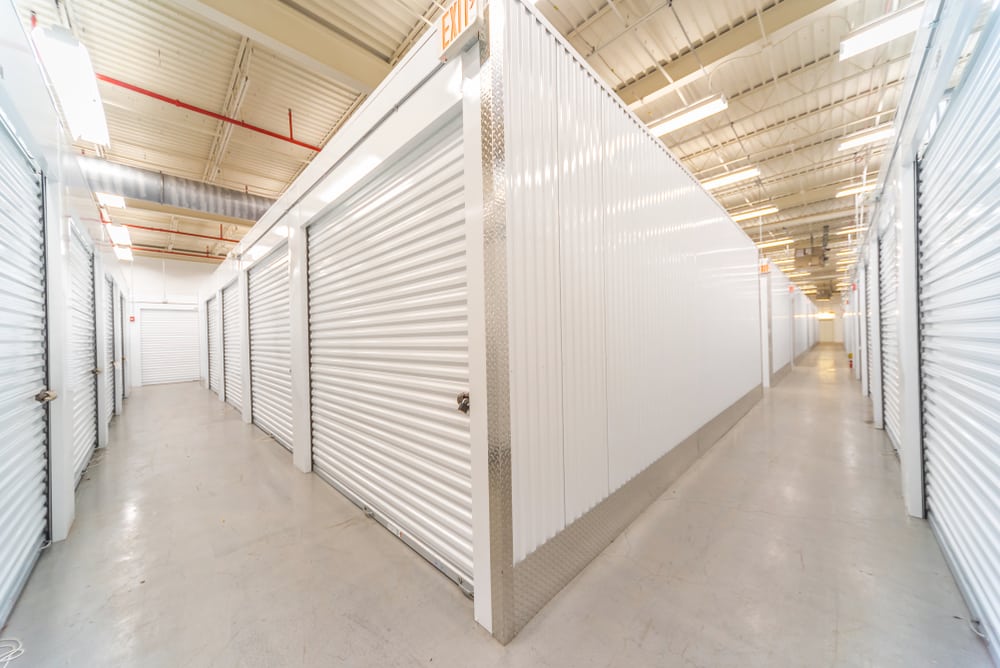Investing in real estate often brings to mind traditional properties like homes or business buildings, but a more unique opportunity has appeared in the last few years: self-storage facilities. As urban living spaces shrink and the desire for decluttering grows, storage facilities have become increasingly popular. This trend presents a special chance for shrewd investors to create wealth in a market that is often overlooked.
The attraction of storage unit investments lies in their ease and capability for generous profits. With a lower entry cost compared to other real estate ventures, these units can offer steady cash flow and a solid demand driven by various factors. Regardless of whether it's for personal use, business storage, or temporary needs, the increasing reliance on storage units reveals a promising path for those looking to expand their investment portfolios and secure financial independence.
Grasping Storage Unit Investment
Investing in storage units has risen as a rewarding opportunity within the property sector. In contrast to traditional home or commercial properties, storage units provide a relatively low barrier to entry with substantial potential for gain. Investors find that storage facilities often exhibit high occupancy rates, low operating costs, and a steady demand driven by factors such as city growth and the need for minimizing.
One of the main pros of storage unit investment is its stability during economic fluctuations. During times of economic downturn, individuals may seek temporary solutions for their belongings, choosing for storage units rather than shifting into smaller living spaces or homes. This sustained demand can lead to stable revenue streams and the potential for appreciation over time, making it a more secure investment compared to different real estate segments.
Additionally, the management management of storage facilities can be simpler than that of home properties. Many owners opt to automate processes, minimizing the need for direct management. This allows investors to concentrate on scaling their business or venturing into additional avenues within real estate while still generating ongoing income through their storage facility investments.
Boosting Revenue of Self-Storage Units
For maximizing profit from storage units, choosing the right location is essential. Locations with elevated populace density, significant rental demand, and few self-storage options offer the optimal possibilities. Conduct extensive market research to locate areas facing growth in the economy or those with a transient demographic, including university cities or city hubs. Comprehending the regional competitors is equally crucial; ensure that your rates and amenities match with local demand and standards.

Improving the offerings of your storage units can also lead to greater profits. Ponder offering climate-controlled options, 24-hour access, and modern security features to capture a broader customer base. In addition, offering flexible leasing terms and different size options can accommodate diverse storage needs. Including services like moving supplies and car storage can further expand your income sources and offer a complete package for clients.
Strategic marketing strategies play a major role in maximizing revenue. Utilize online platforms, social networks, and community ads to reach new customers. Building an appealing online site with user-friendly booking options and transparent pricing can simplify the customer experience. Building partnerships with community businesses, including realtors or moving companies, can also produce recommendations, enhancing your rental space's exposure and financial success in the sector.
Evading Common Mistakes
Putting money in storage units can be a lucrative venture, but it is crucial to tackle it with care to prevent common errors. One of the main missteps is overlooking the value of location. Just like conventional real estate, the viability of a self-storage facility heavily depends on its location. Facilities in highly populated areas or near educational institutions often attract more customers, while those in isolated locations may struggle to rent out their spaces. Conducting extensive market research before investing in a location can help you execute a smart investment.
Another common error is failing to provide proper management and upkeep. Storage units might seem easy to manage compared to different types of real estate, but they still need attention to detail. Ensuring that facilities are sparkling, safe, and well-maintained boosts customer satisfaction and retention. Additionally, having storage units airway heights is key for attracting new customers. Using online platforms and community promotions can increase exposure and generate customers.
Lastly, many investors fail to factor in extra expenses that come with owning self-storage facilities. Beyond the upfront investment, ongoing costs such as property levies, insurance, utility bills, and maintenance can accumulate quickly. It is crucial to formulate a detailed budget that factors in these costs to prevent cash flow issues. Understanding the entire financial status will empower you to take wise decisions and ensure the long-term success of your self-storage investment.
